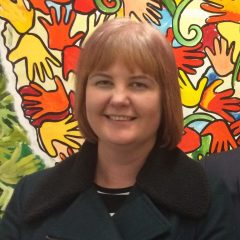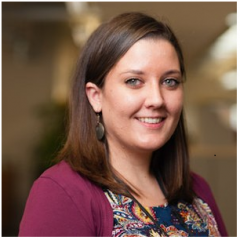Shared Training and Assessment for Well-Being for Looked-After Children (feasibility study)
Theme: Rees Centre
A feasibility study of STrAWB following on from pilot testing.
What is STrAWB?
We have worked with foster carers, social workers, young people, and mental health experts to develop a package called STrAWB. It aims to help the key adults in looked-after children’s lives to support their well-being.
The Shared Training and Assessment of Well-Being (STrAWB) package consists of:
a) A training course for foster carers and teachers to increase their understanding of mental health and well-being
b) A set of surveys completed by the foster carer, teacher, and the child, that tells us about different aspects of well-being both at home and at school
c) A mental health specialist who looks at all the answers to the surveys and uses these to create a profile of strengths and needs for each child, which is fed back to foster carers, teachers, and children’s social workers with practical recommendations for support.
What will we do?
Following the pilot phase, we will now try out the STrAWB package with a small group in what is called a feasibility trial before running it with a large number of looked-after children to see if it is effective in improving well-being. The feasibility trial helps to see whether everything works as it should and whether people are willing to be part of a research study on STrAWB.
We will work with 70 looked-after children in school Years 4-6, and their foster carers and teachers. Half of them will get the STrAWB package, and the other half will act as a comparison group so we can see what happens for children under normal circumstances. We will collect surveys about children’s well-being at the start of the study, and again 12 months later. We will also use surveys, interviews, documents, activity monitoring sheets, and case studies to decide whether the package and the research processes all worked as planned. We can then decide whether it would be worthwhile to offer STrAWB to a larger group of looked-after children.
We hope the children who receive STrAWB will benefit by having any well-being issues identified and supported, and we hope foster carers and teachers will benefit from having a shared understanding of children’s mental health and well-being at home and at school.
Full team
Dr Nikki Luke (Principal Investigator), Valerie Dunn, Diana Jones (Project Manager) at Rees Centre
Professor Robin Banerjee (Co-Investigator), Dr Helen Drew, Dr Nick Douglas, University of Sussex
Dr Eva-Maria Bonin, LSE
Dr Andrew Cook, Dr Amy Whitehead, University of Southampton
Dr Matt Woolgar, South London and Maudsley NHS Trust
Dr Nick Midgley, Anna Freud Centre
Coram Voice




